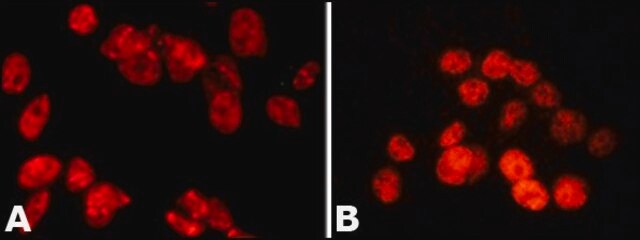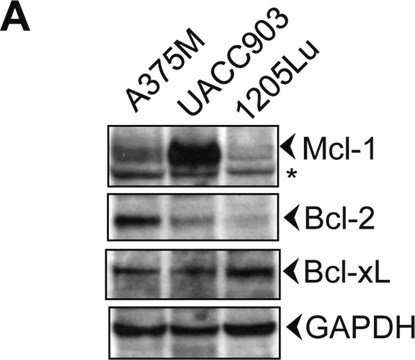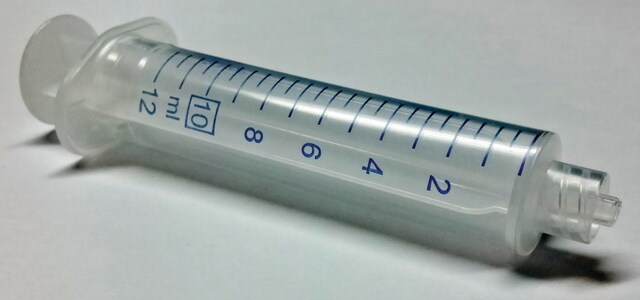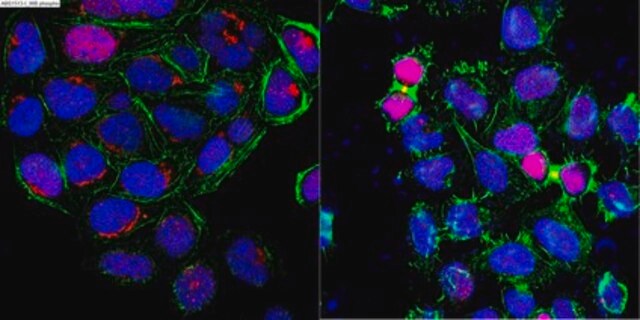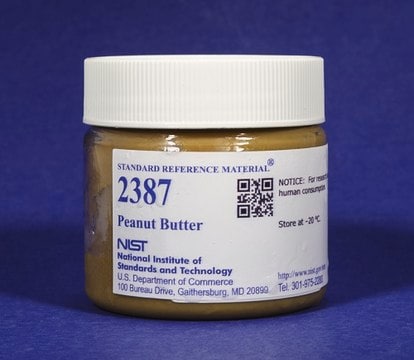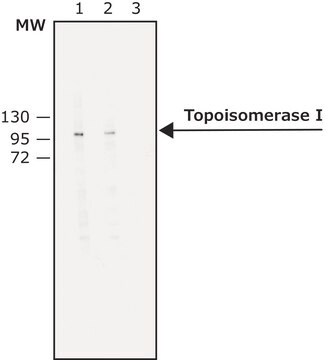ZMS1108
Anti-Topo I-DNA Complex clone 1.1A ZooMAb® Mouse Monoclonal

recombinant, expressed in HEK 293 cells
Sinônimo(s):
Topoisomerase I-DNA Covalent Complex,
About This Item
Produtos recomendados
fonte biológica
mouse
Nível de qualidade
recombinante
expressed in HEK 293 cells
conjugado
unconjugated
forma do anticorpo
purified antibody
tipo de produto de anticorpo
primary antibodies
clone
1.1A, recombinant monoclonal
descrição
recombinant, expressed in HEK 293 cells
linha de produto
ZooMAb® learn more
Formulário
lyophilized
purificado por
using protein G
reatividade de espécies
human, mouse
embalagem
antibody small pack of 25 μL
características do produto alternativo mais ecológico
Waste Prevention
Designing Safer Chemicals
Design for Energy Efficiency
Learn more about the Principles of Green Chemistry.
validação aprimorada
recombinant expression
Learn more about Antibody Enhanced Validation
sustainability
Greener Alternative Product
técnica(s)
flow cytometry: suitable
immunocytochemistry: suitable
immunohistochemistry: suitable
western blot: suitable
Isotipo
IgG2bκ
sequência de epítopo
C-terminal
nº de adesão de ID de proteína
nº de adesão UniProt
categoria alternativa mais ecológica
Condições de expedição
ambient
temperatura de armazenamento
2-8°C
Descrição geral
Especificidade
Imunogênio
Aplicação
Evaluated by Western Blotting in HeLa cell lysate.
Western Blotting Analysis: A 1:1,000 dilution of this antibody detected Topo I-DNA Complex in HeLa cell lysate.
Tested Applications
Western Blotting Analysis: A 1:1,000 dilution from a representative lot detected Topo I-DNA Complex in NIH3T3 cell lysate.
Flow Cytometry Analysis: 1 µg from a representative lot detected Topo I-DNA Complex in one million fixed and permeabilized A549 cells treated with Topotecan (10 M; 20 min).
Immunocytochemistry Analysis: A 1:100 dilution from a representative lot detected Topo I-DNA Complex in A549 cells treated with Topotecan (10 M; 20 min)
Immunohistochemistry (Paraffin) Analysis: A 1:100 dilution from a representative lot detected Topo I-DNA Complex in Human kidney tissue sections.
Note: Actual optimal working dilutions must be determined by end user as specimens, and experimental conditions may vary with the end user.
Descrição-alvo
forma física
Reconstituição
Armazenamento e estabilidade
Outras notas
Informações legais
Exoneração de responsabilidade
Não está encontrando o produto certo?
Experimente o nosso Ferramenta de seleção de produtos.
Código de classe de armazenamento
11 - Combustible Solids
Classe de risco de água (WGK)
WGK 1
Ponto de fulgor (°F)
Not applicable
Ponto de fulgor (°C)
Not applicable
Escolha uma das versões mais recentes:
Certificados de análise (COA)
Lamentamos, não temos COA para este produto disponíveis online no momento.
Se precisar de ajuda, entre em contato Atendimento ao cliente
Já possui este produto?
Encontre a documentação dos produtos que você adquiriu recentemente na biblioteca de documentos.
Nossa equipe de cientistas tem experiência em todas as áreas de pesquisa, incluindo Life Sciences, ciência de materiais, síntese química, cromatografia, química analítica e muitas outras.
Entre em contato com a assistência técnica

